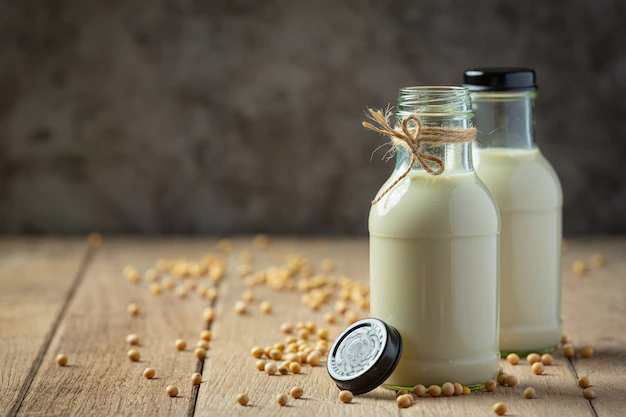Raw Milk: Health Risks

Raw milk is milk that has not been pasteurized, a process that involves heating the milk to kill bacteria that can cause illness. While some people believe that raw milk is healthier or has certain health benefits, the consumption of raw milk carries significant health risks.
Raw milk can contain harmful bacteria, such as E. coli, Listeria, and Salmonella, which can cause serious illness or even death. These bacteria can come from cow feces, contaminated udders, or other sources of contamination on the farm. While healthy cows may not show signs of infection, they can still carry these harmful bacteria in their milk.
Raw milk is especially risky for people with weakened immune systems, such as young children, pregnant women, older adults, and people with chronic illnesses. These groups are more susceptible to serious illness and complications from foodborne infections.
While some proponents of raw milk argue that it has health benefits, such as improved digestion and increased nutrient content, there is no scientific evidence to support these claims. In fact, pasteurization is a safe and effective way to reduce the risk of illness from consuming milk.
To reduce the risk of foodborne illness, it is important to always choose pasteurized milk and milk products. If you are considering consuming raw milk, it is important to be aware of the risks and to take precautions to reduce your risk of illness, such as only consuming raw milk from a trusted source and storing and handling it properly.
